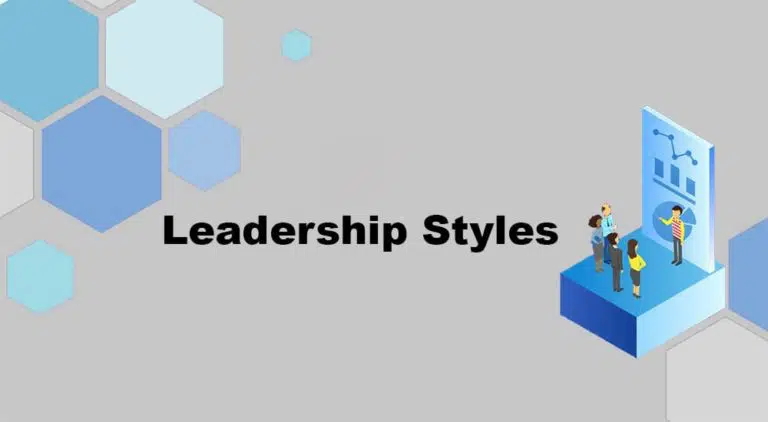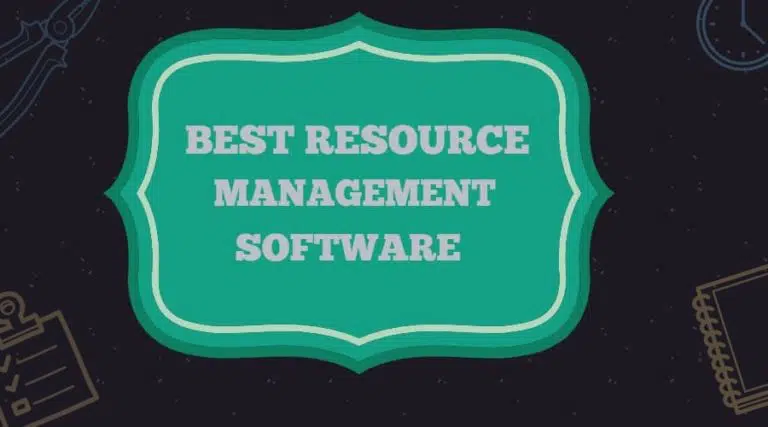Leadership Styles: Definition, Meaning, & Types of Leadership Styles
Definition: A leadership style is a method of managing, directing, and motivating followers. Leadership styles define how leaders strategize their relationships with their followers. Therefore, knowing the leadership style is vital to gaining followers’ loyalty and increasing the leader’s effectiveness. This article overviews seven leadership styles, their pros and cons, factors affecting leadership styles, and…




